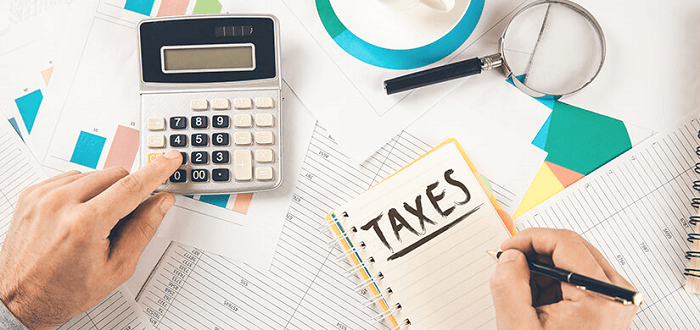Navigating the intricate realm of tax deductions in Australia is essential for individuals and businesses alike. Whether you’re a salary earner or managing a company, understanding the nuances of available deductions is crucial for optimizing your financial position. In this comprehensive guide, we’ll delve into key aspects of tax deductions in Australia, empowering you to make informed decisions that can positively impact your bottom line with the guidance of a skilled tax accountant like Nexustas.

Guide to Tax Deductions in Australia
1. Understanding Tax Deductions:
Tax deductions are expenses that can be subtracted from your total income, reducing the amount on which you are taxed. In Australia, individuals and businesses can claim deductions for a wide range of expenses related to earning income.
2. Common Deductions for Individuals:
For individual taxpayers, common deductions include work-related expenses, charitable contributions, and expenses related to earning investment income. Keeping meticulous records is vital to substantiate these claims, ensuring compliance with the Australian Taxation Office (ATO) requirements.
3. Business Deductions:
Business owners have a broader scope of deductions available. These may include operating expenses, depreciation of assets, home office expenses for small businesses, and even costs associated with professional advice on tax matters.
4. Capital Allowances and Depreciation:
Understanding capital allowances and depreciation is key for businesses with significant capital assets. The ATO provides guidelines on how to claim deductions for the decline in value of depreciating assets over time.
5. Superannuation Contributions:
Both individuals and businesses can benefit from understanding the deductions related to superannuation contributions. Contributions made before the end of the financial year can often be claimed as a tax deduction.
6. Record-Keeping Best Practices:
To ensure that your deductions are valid and can withstand potential audits, maintaining accurate and detailed records is essential. Whether you’re an individual or a business owner, adopting best practices for record-keeping is a proactive step toward maximizing your benefits.
7. Changes in Legislation:
Tax laws are subject to change, and staying informed about legislative updates is crucial. Regularly check for changes to deduction rules and eligibility criteria to ensure that your claims align with the latest regulations.
8. Engaging Professional Advice:
For complex financial situations or evolving business structures, seeking professional advice can be invaluable. Tax professionals can provide personalized guidance, ensuring that you navigate the intricate details of tax deductions in Australia effectively.
9. Claiming Deductions Online:
The ATO provides an efficient online platform for individuals and businesses to submit tax returns and claim deductions. Familiarize yourself with the online tools and resources available to streamline the process.
Conclusion of Guide to Tax Deductions in Australia
Maximizing your benefits through tax deductions requires a proactive approach, attention to detail, and a comprehensive understanding of the Australian tax system. By staying informed, maintaining meticulous records, and, when needed, seeking professional advice, you can make the most of available deductions, ultimately contributing to your financial success. Remember, knowledge is key, and the more informed you are, the better equipped you’ll be to optimize your tax position in Australia.
Related Links: